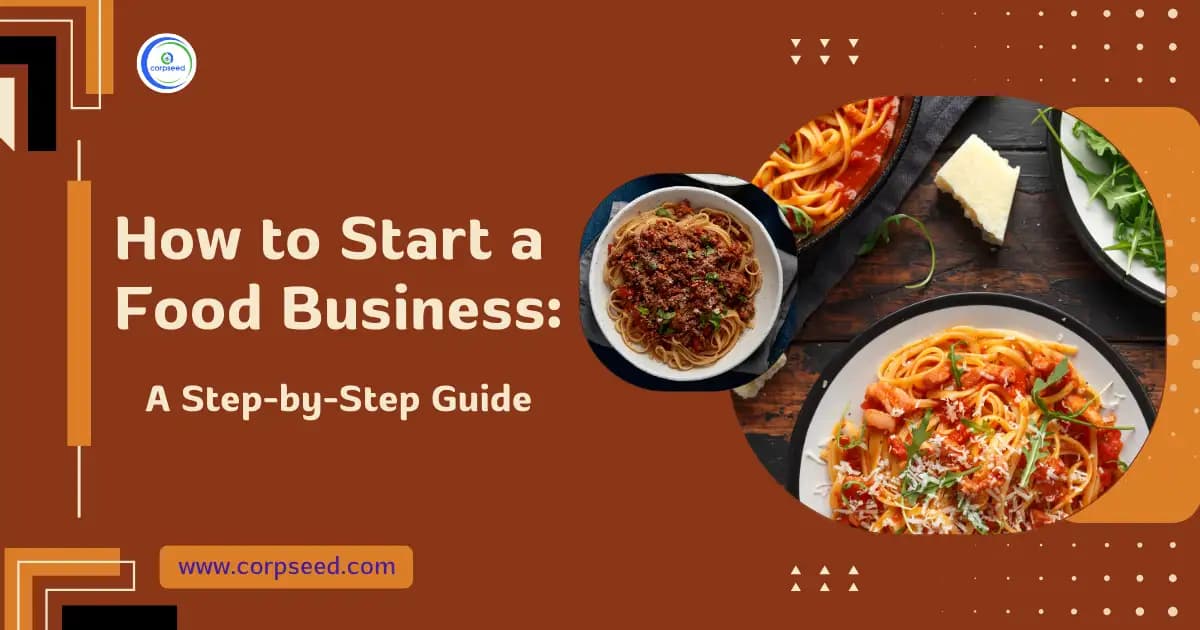
Loading...

A food business can be very exciting and fulfilling. You can share your passion for food. To get started, you'll determine the type of food you wish to sell.
About the Author

Parul Bohral, a BALLB graduate and experienced legal researcher and content writer with expertise in various legal areas, including corporate law and intellectual property. I have gained valuable experience in esteemed legal environments, where I have strengthened my research skills, allowing me to approach legal writing with precision and depth.
As a legal content writer, I am committed to delivering work that not only informs but also engages readers. By staying informed about the latest trends in content marketing and regulatory developments, I ensure that my writing remains sophisticated and meets industry standards. My dedication to thorough research enables me to craft content that is both insightful and impactful.
Related articles

How to Setup a Meat Shop?
2023-06-09

How To Start An Edible Oil Manufacturing Business?
2023-06-09

How to Start a Achar or Pickle Manufacturing Business in India?
2023-06-06

How to Start a Food Testing Laboratory in India
2023-03-31

How To Export Kaipad Rice From India
2022-11-03

How to Start Food Manufacturing Company in India
2022-09-06